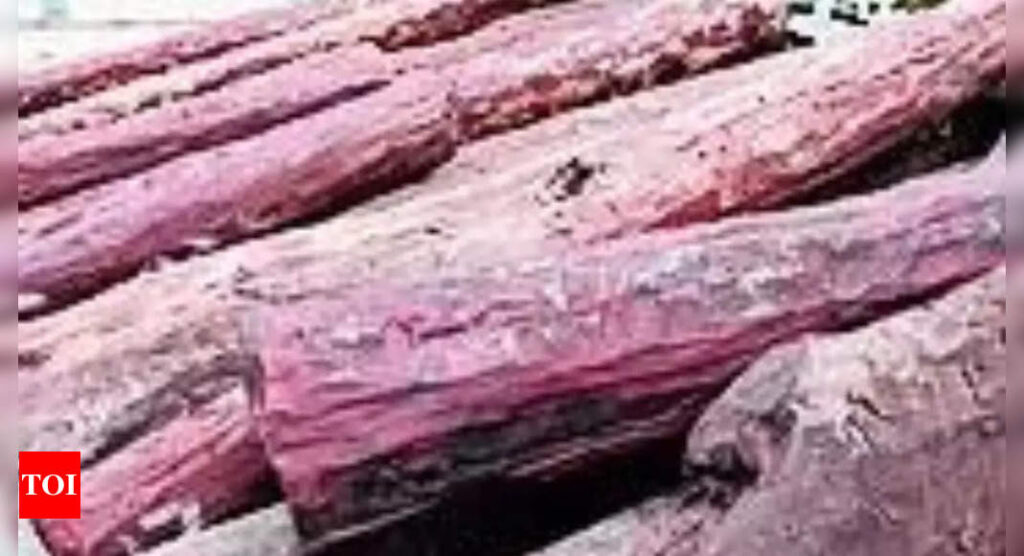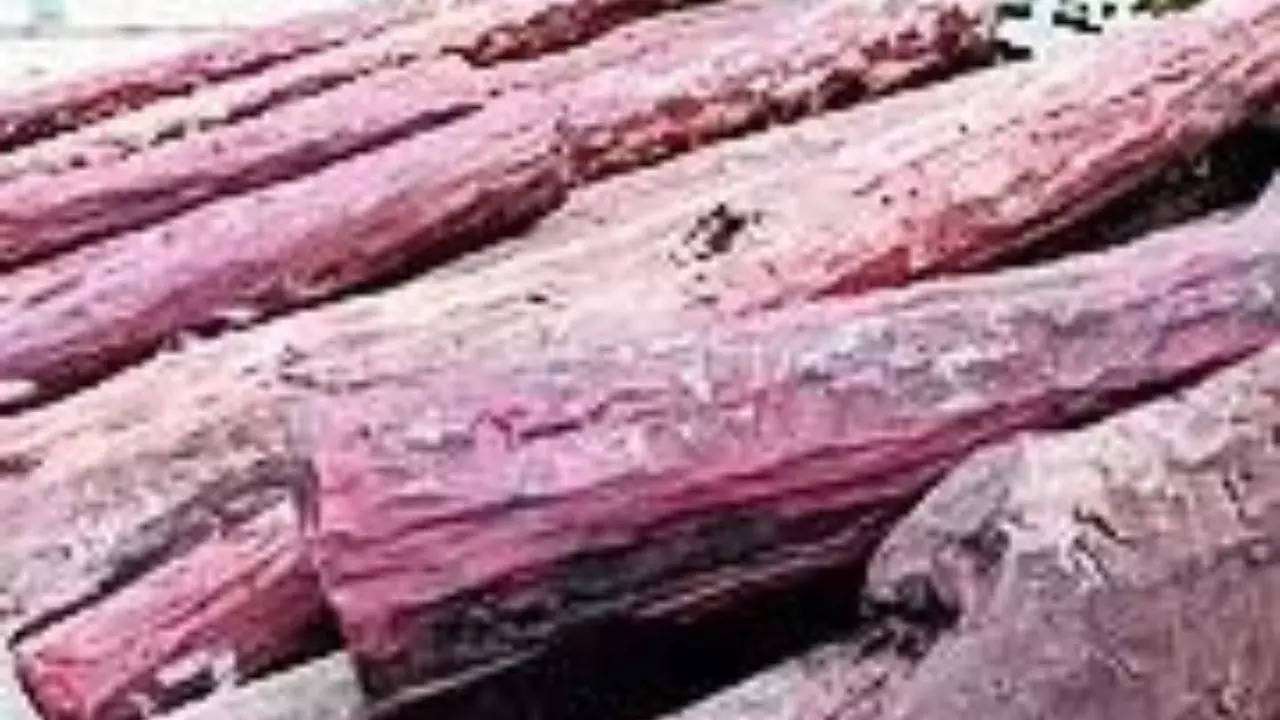[ad_1]
NEW DELHI: In what could help red sandalwood-growing farmers earn more through exports, the Convention on International Trade in Endangered Species of Wild Fauna and Flora (CITES) has removed India from its negative list for export of Red Sanders due to reporting of several instances of smuggling in the past.
India had been under the RST process for Red Sanders since 2004.The process enables disciplinary action in the form of trade suspensions directed at countries which fail to meet their obligations. India too had faced trade suspension in the past. But the country’s removal from the RST process will now help farmers enter the supply chain of legitimate trade. Red Sanders is a high market value tree, endemic to few districts inAndhra Pradesh.
“Based on our compliance and reporting, India has been removed from the Review of Significant Trade for Red Sanders. The development is a major boost for the farmers who grow these trees,” said environment minister Bhupender Yadav in a post on X.
The species has been subjected to threats of illegal harvesting and smuggling leading to their depletion from natural forest. However, Red Sanders wood now sourced from artificial propagation (plantations) will be a part of legal trade.
Announcing the move of the standing committee of CITES that met in Geneva during November 6-10, Yadav also attributed it to last year’s amendment in the country’s Wild Life (Protection) Act, 1972 where provisions of CITES were incorporated.
As a result, the CITES standing committee has now decided to place India in Category 1 (fully compliant) of the Convention as it has fully complied with its requirements under the national legislation programme. Earlier, India was listed in Category 2 (facing multiple restrictions) as the country’s domestic legislation was not aligned with the Convention’s provisions.
India had been under the RST process for Red Sanders since 2004.The process enables disciplinary action in the form of trade suspensions directed at countries which fail to meet their obligations. India too had faced trade suspension in the past. But the country’s removal from the RST process will now help farmers enter the supply chain of legitimate trade. Red Sanders is a high market value tree, endemic to few districts inAndhra Pradesh.
“Based on our compliance and reporting, India has been removed from the Review of Significant Trade for Red Sanders. The development is a major boost for the farmers who grow these trees,” said environment minister Bhupender Yadav in a post on X.
The species has been subjected to threats of illegal harvesting and smuggling leading to their depletion from natural forest. However, Red Sanders wood now sourced from artificial propagation (plantations) will be a part of legal trade.
Announcing the move of the standing committee of CITES that met in Geneva during November 6-10, Yadav also attributed it to last year’s amendment in the country’s Wild Life (Protection) Act, 1972 where provisions of CITES were incorporated.
As a result, the CITES standing committee has now decided to place India in Category 1 (fully compliant) of the Convention as it has fully complied with its requirements under the national legislation programme. Earlier, India was listed in Category 2 (facing multiple restrictions) as the country’s domestic legislation was not aligned with the Convention’s provisions.
[ad_2]
Source link











More Stories
Congress replaces Kamal Nath, names an OBC as Madhya Pradesh chief | India News
Fire breaks out in ITBP camp in Srinagar; none hurt | India News
Parliament Security: Co-villagers give clean chit to Lalit Jha, parents to move court | India News